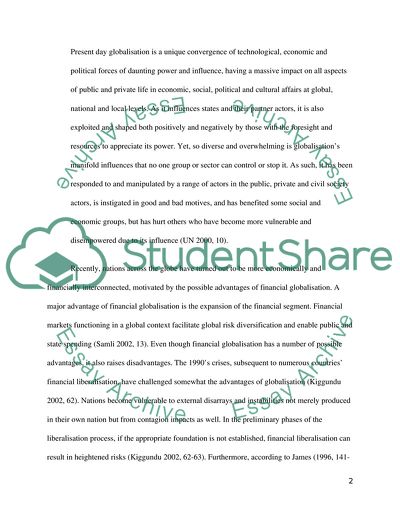Cite this document
(To What Extent Can the Developmental and Neo-Liberal State in Term Paper, n.d.)
To What Extent Can the Developmental and Neo-Liberal State in Term Paper. Retrieved from https://studentshare.org/politics/1754670-to-what-extent-can-the-developmental-and-neo-liberal-state-in-developing-countries-implement-sustainable-development-in-todays-conditions-of-globalisation
To What Extent Can the Developmental and Neo-Liberal State in Term Paper. Retrieved from https://studentshare.org/politics/1754670-to-what-extent-can-the-developmental-and-neo-liberal-state-in-developing-countries-implement-sustainable-development-in-todays-conditions-of-globalisation
(To What Extent Can the Developmental and Neo-Liberal State in Term Paper)
To What Extent Can the Developmental and Neo-Liberal State in Term Paper. https://studentshare.org/politics/1754670-to-what-extent-can-the-developmental-and-neo-liberal-state-in-developing-countries-implement-sustainable-development-in-todays-conditions-of-globalisation.
To What Extent Can the Developmental and Neo-Liberal State in Term Paper. https://studentshare.org/politics/1754670-to-what-extent-can-the-developmental-and-neo-liberal-state-in-developing-countries-implement-sustainable-development-in-todays-conditions-of-globalisation.
“To What Extent Can the Developmental and Neo-Liberal State in Term Paper”, n.d. https://studentshare.org/politics/1754670-to-what-extent-can-the-developmental-and-neo-liberal-state-in-developing-countries-implement-sustainable-development-in-todays-conditions-of-globalisation.


